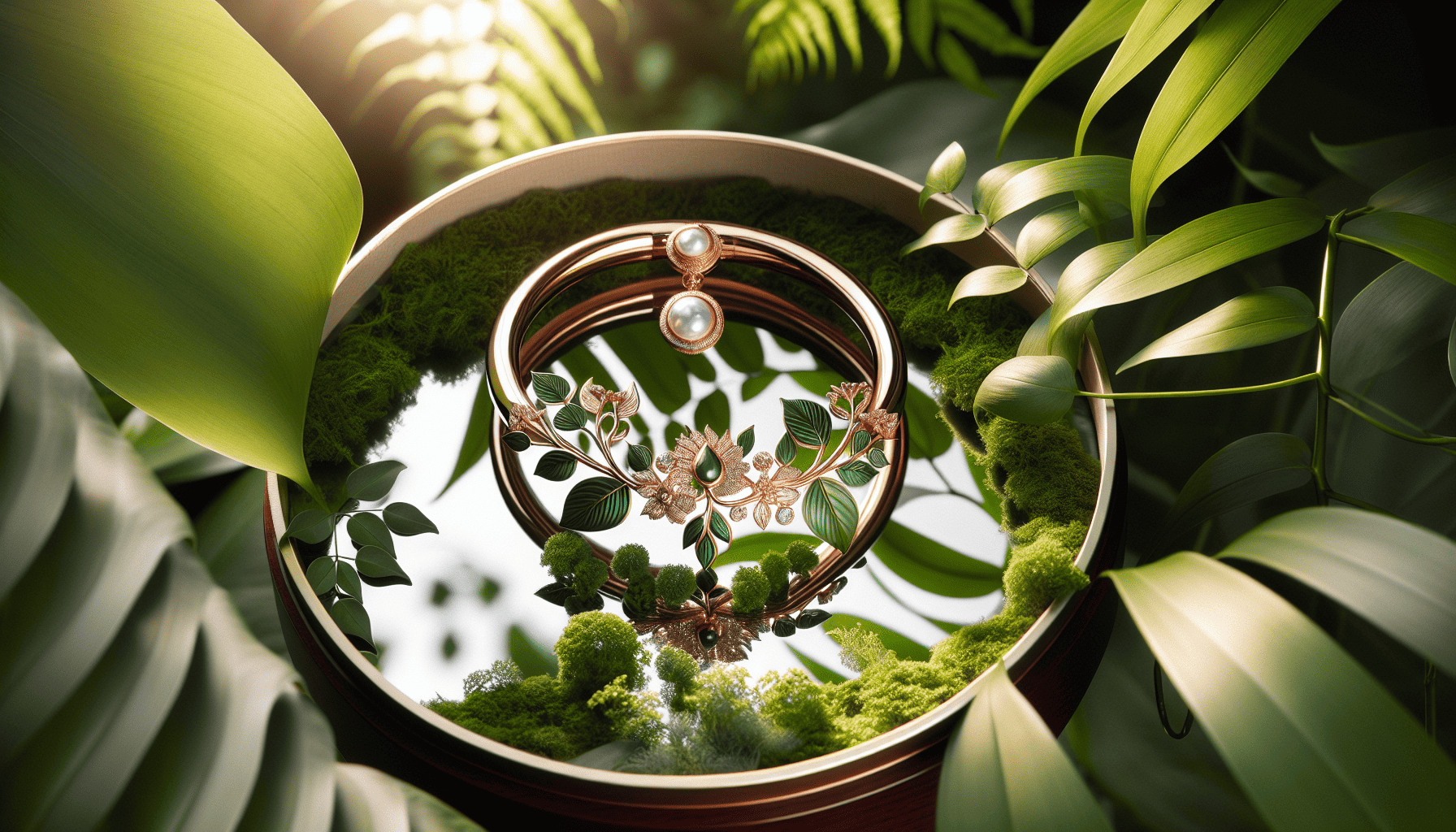In the ever-evolving world of luxury, the emergence of sustainable practices marks a transformative shift towards a more conscious and responsible way of experiencing high-end goods and services. Gone are the days when luxury was synonymous only with extravagance and excess. Today, more than ever, the notion of sustainable luxury is capturing the attention of both brands and consumers aiming to indulge in elegance without compromising their values or the planet's future.
Sustainable luxury is about harmoniously blending opulence with responsibility. It's about finding beauty and quality in products crafted with care, mindful of their impact on the environment and society. From eco-friendly materials and ethical sourcing to innovative production processes and transparent supply chains, this new era of luxury redefines what it means to indulge.
A pivotal aspect of sustainable luxury lies in the materials used for creating goods. High-end brands are increasingly turning to organic, recycled, and responsibly sourced materials to craft their products. For instance, designers are opting for organic cotton, hemp, and bamboo in their fashion lines, as well as innovative materials like mushroom leather and recycled ocean plastics. These choices not only reduce environmental impact but also elevate the uniqueness of the items, appealing to consumers who appreciate creativity and innovation.
Ethical sourcing is another cornerstone of sustainable luxury. Brands are committing to fair trade practices, ensuring that the workers who produce their items are treated equitably and with respect. This transparency builds trust and loyalty, fostering a connection between the brand and the consumer that goes beyond the transaction. Moreover, brands are increasingly investing in local artisans and craftspeople, preserving traditional techniques and cultural heritage while promoting community empowerment.
Innovative production processes are also central to sustainable luxury. Many high-end brands are adopting cutting-edge technologies to reduce waste and emissions. For example, 3D printing and digital knitting are being used in fashion to create custom-fit items with minimal waste. Similarly, luxury automotive companies are investing in electric and hybrid technology, recognizing that the future of transportation lies in sustainable alternatives that don't sacrifice performance or style.
In addition to these tangible practices, sustainable luxury is fostering a shift in consumer mindset. Luxury is no longer just about having the finest things in life, but about making informed choices that reflect one's values. Consumers are becoming more discerning, demanding transparency, authenticity, and a genuine commitment to sustainability from the brands they support. This shift in perspective is driving brands to rethink their strategies, innovate responsibly, and lead by example.
This growing demand is not a fleeting trend but a paradigm shift, one that is reshaping the luxury landscape for the better. As brands continue to innovate and prioritize sustainability, they are proving that elegance and eco-consciousness can coexist harmoniously. This alignment of luxury and sustainability doesn't just offer a guilt-free indulgence; it transforms the entire luxury experience into one that is enriching, fulfilling, and wholly sustainable.
In conclusion, sustainable luxury represents a promising and inspiring future for the industry. It challenges the conventional norms and pushes boundaries, demonstrating that it is possible to enjoy life's luxuries without compromising our planet's well-being. By embracing sustainable practices, brands not only enhance their appeal but also contribute positively to the world, paving the way for a new era where luxury is not just about exclusivity, but about making a meaningful impact.
